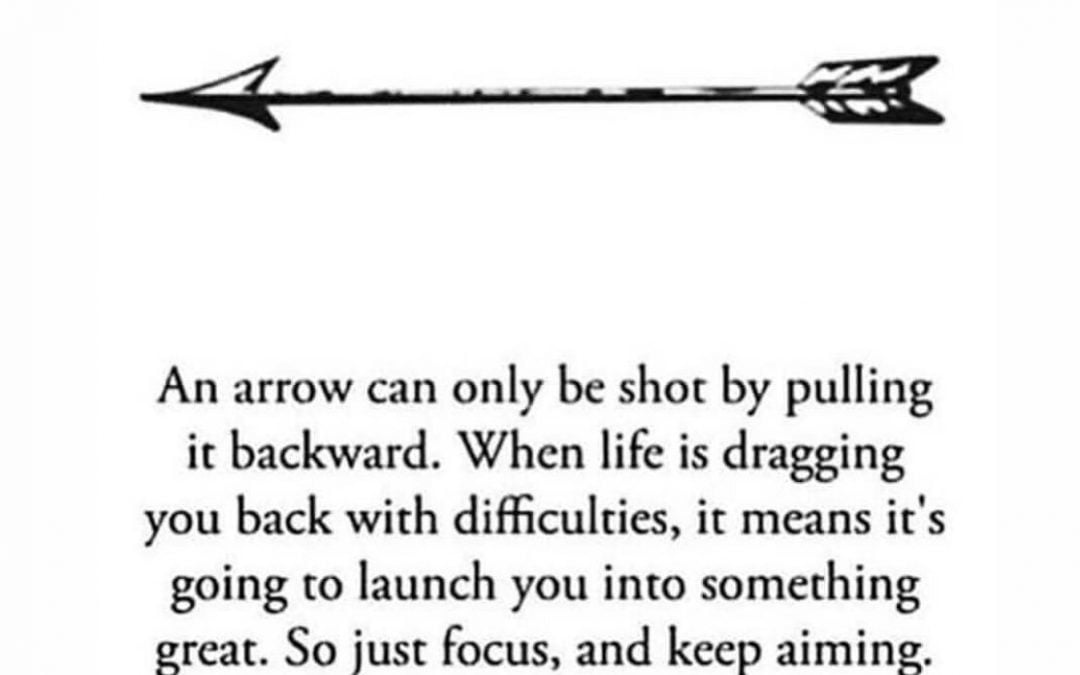
Resolutions Can Suck
A few weeks from now, you might be asked, “So, how are those New Year’s resolutions working out for you? The dream is that our goals and resolutions lead us to a higher ground, to new horizons. They can give our eyes a focus, our mind an aim, and our strength a purpose. Without the positive pull forward of a goal, we could risk remaining forever stagnant, or even worse sucked into a backward spiral.
So why is it so hard to keep and reach some resolutions, some goals?
We have all felt the excitement that comes with setting a new goal, but then, as time progresses, excitement can morph into anxiety. This is because we are facing the reality that we are so far from our goal and have no framework or strategy of how to get there.
So how do you overcome life’s hurdles and personal mental roadblocks to reach your BIG goals?
Well, first, a blinding flash of the obvious: When you set goals for yourself, it is important that they motivate you: this means making sure that they are important to you, and that there is value in achieving them. Motivation is key to achieving goals. Set goals that relate to the high priorities in your life. If the goal is truly not important to you and you can’t tie it back to why it’s meaningful, your chances of success diminish. Yet wait, there’s more:
The reality is, there’s a SCIENCE to goal setting
In over 650 studies completed with over 50,000 participants, scientists analyzed what worked best when goal setting. Overall, individuals who focused on Process Goals had more success in reaching their goals than those who simply set Performance or Outcome Goals.
So, what is the difference between an outcome goal, a performance goal, and a process goal?
An outcome goal is one that isn’t really under your control. Instead, it’s based on outside circumstances. For example, if your goal is to the #1 selling agent in your market, that’s a goal that’s not only based on your numbers but also the numbers from other agents in your market too.
Performance goals are personal achievement goals. They are the building blocks that help you reach your outcome goal. A good performance goal example is to “beat my personal record of 21 homes sold in a year.
Process goals are completely under your control and are composed of the things you do on a daily basis like habits and routines. Think of these as the small steps you take to get to your performance and outcome goals every single day. An example of a process goal would be to “spend 60 minutes prospecting daily” or “40 minutes of cardio work.”
So, there you have it, the science behind more effective goal setting. Create a goal that is important to you and one you can be reminded frequently as to why you are pursuing it. Then, break those outcome goals down to the daily activities, the daily processes. Now your likelihood of achievement is dramatically improved.
Interested in coaching? See if it’s right for you: www.jparcoaching.com
#WinTheDay

